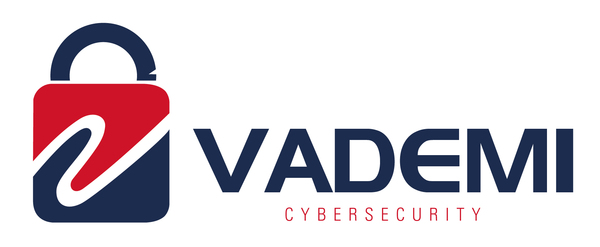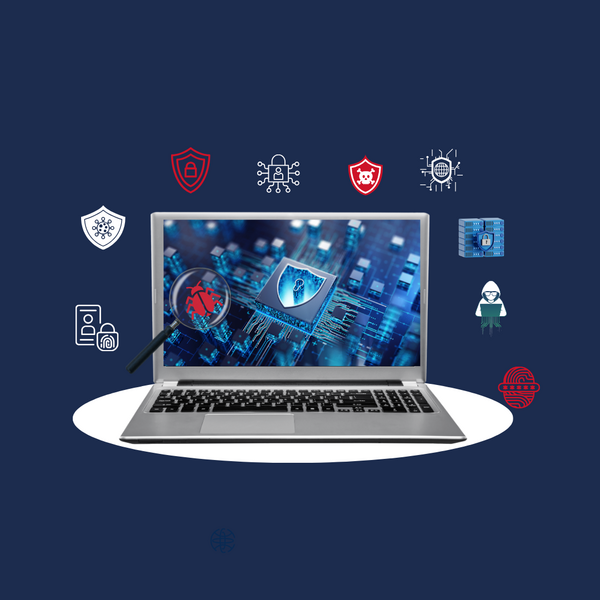Caution with AI: Protect your Personal and Professional Data
In the digital age, artificial intelligence (AI) is revolutionizing our professional and personal lives. From virtual assistants to recommendation systems, AI is significantly improving our daily lives. However, this technology also presents data security risks.
In this article, we explore the potential dangers of AI, particularly language processing models like ChatGPT, and suggest strategies for protecting your sensitive information.
Best Practices for Using AI:
Limit data sharing. Consider the sensitivity of information before disclosing it.
Educate yourself about cybersecurity. Good training can prevent data leaks.
Check the privacy settings of AI applications to maximize data protection.

Introduction
In the digital age, artificial intelligence (AI) is transforming our daily lives, both professionally and personally. From virtual assistants to recommendation systems, AI is significantly improving our lives. However, this technology also entails risks, particularly when it comes to data security. This article explores the potential dangers associated with the careless use of AI, particularly language processing models such as ChatGPT, and suggests strategies for protecting your personal and professional information.
Understanding AI and Language Models
Artificial intelligence, and more specifically language processing models such as ChatGPT, represent a major advance in our interaction with technology. These systems analyze huge amounts of text data to understand and generate human language in a coherent way. For example, ChatGPT can compose texts, answer questions and simulate conversations in impressive ways.

AI-generated image
However, the ability of these models to learn from user-supplied data also poses risks. If sensitive information is introduced during interactions, it could be misused or accidentally disclosed.
AI-related security risks
The use of AI raises several security issues, particularly when sensitive data is involved. Information at risk includes social security numbers, credit card details, health information, as well as critical business data such as trade secrets and contractual information. Sharing this data with an AI model can potentially expose it to leakage or exploitation by unauthorized third parties.
Even if the platforms using these AI models implement robust security measures, zero risk does not exist. It is therefore crucial to be vigilant and to think carefully before disclosing sensitive information.
Best Practices for the Use of AI
To use AI securely, it is essential to follow certain best practices:
- Limiting shared data: Avoid providing sensitive information when interacting with AI. Consider the importance and sensitivity of data before sharing it.
- Awareness and training: Whether you're an individual user or an organization, investing in cybersecurity training can go a long way towards preventing data leaks.
- -Check privacy settings: Make sure that the privacy settings of AI-enabled applications are configured to maximize the protection of your data.
AI legislation and regulations
Legislation plays a crucial role in protecting the data used by AI. In many countries, personal data protection laws require companies to take strict measures to secure user information. In Europe, the General Data Protection Regulation (GDPR) imposes strict rules on the collection, processing and storage of personal data, including its use by AI systems.
Conclusion
Artificial intelligence offers unprecedented possibilities, but it requires careful and informed use to ensure the security of personal and business data. By adopting rigorous security practices and keeping abreast of relevant legislation, we can take full advantage of this technology while minimizing the risks.



